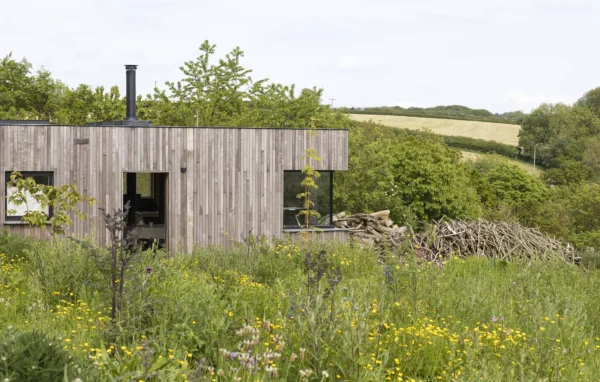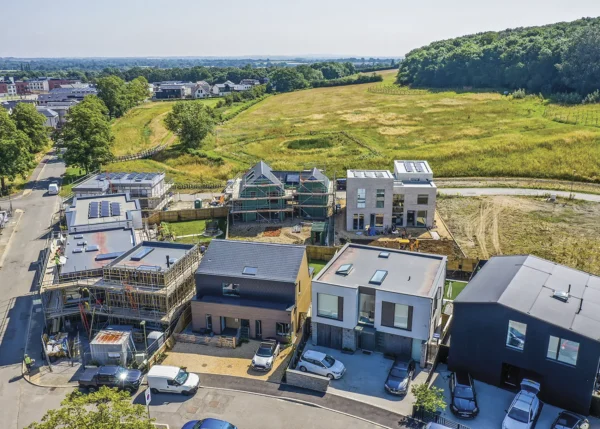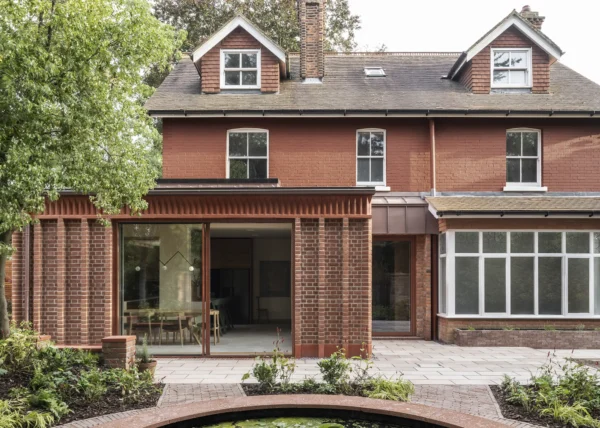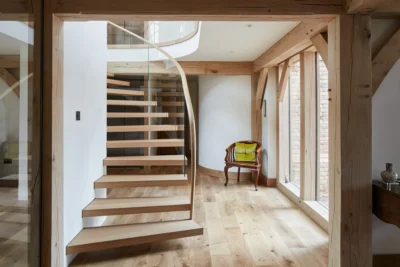I stayed up until 1:30am on 24th June and was awake again at 5am, as I couldn’t wait to find out how the Brexit referendum was playing out. As I watched the events of the following weeks, I was amazed at how quickly the political world was changing. In the back of my mind there was always the question of how a vote to leave the EU would affect the self and custom build sector.
Given the doom and gloom that accompanied talk of Britain’s departure, it’s still possible that it could turn out to be a pretty dreadful time. However, two months after the vote, the sky has not fallen and life seems to be carrying on pretty much as normal.
One significant thing is the expected drop in the value of the pound against the US dollar and the euro. This is good news for exporters but not so great for anyone bringing goods into the country.
Having just returned from France, I can confirm that the pound to euro exchange rate is no laughing matter. This isn’t ideal for self-builders because a large proportion of the construction materials we use – especially high-spec glazing and eco goodies – tend to come from Europe, so costs are going to rise.
Is Brexit going to affect self-builders? I guess that there will be some people in the early stages of their projects who decide to sit on their plans for a while to see how the dust settles. I expect fewer people to initiate the process of self-building while they determine the impact on house prices.
This is understandable, because nobody wants to start a new scheme only to find its value is less than anticipated. However, those about to break ground, having already obtained all the necessary permissions and lined up trades and materials, are unlikely to switch everything off so they can see what happens – they’ll carry on regardless.
Shares in major developers were some of the first to drop, along with those in banks, on the assumption that a fall in immigration would mean fewer properties being built and less chance to capitalise on the lending opportunities.
However, demand for mass-market accommodation has not decreased significantly and the availability of cheap credit will offset any negative impact following the referendum result, so the big players will simply absorb the effects. It might be a different story for smaller builders who don’t have the same resilience; they could be more likely to suffer as potential clients delay until the associated financial risks become clearer.
Every cloud has a silver lining and for years I’ve been saying that downturns and recessions can be good for self-builders. Labour is more readily available and competitive as work becomes harder to find. So if you approach your project with the right attitude to budgeting, you should save on the going rate for a property.
As such, any correction in the housing market has less of an impact on overall value. My advice is to bite the bullet and carry on.

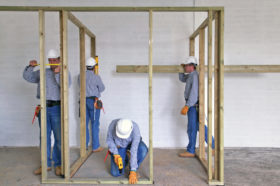










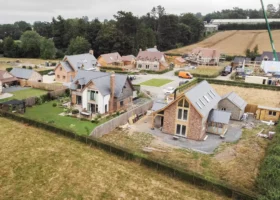



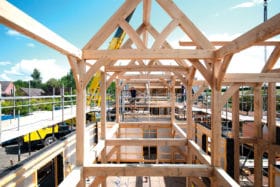
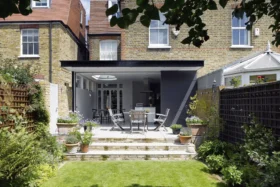
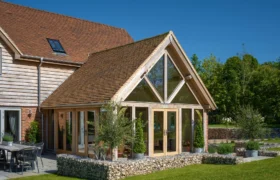
















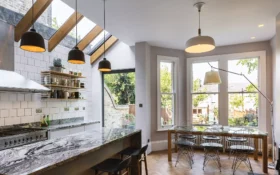
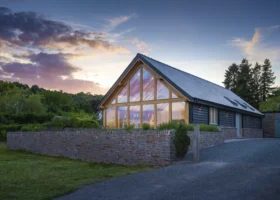

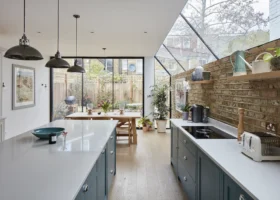


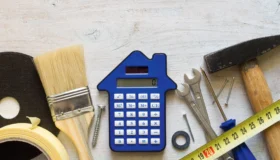


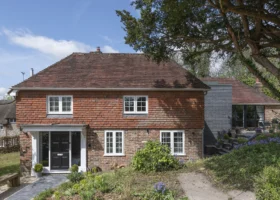

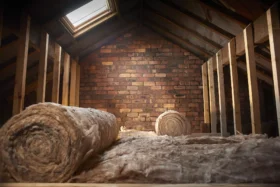





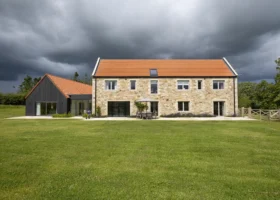




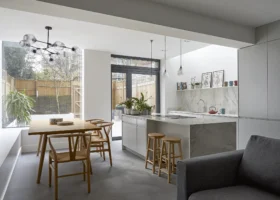

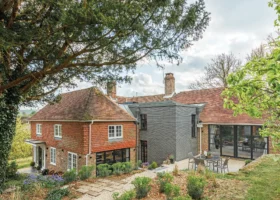


























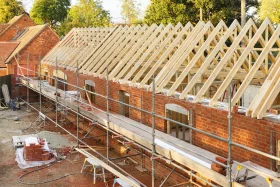









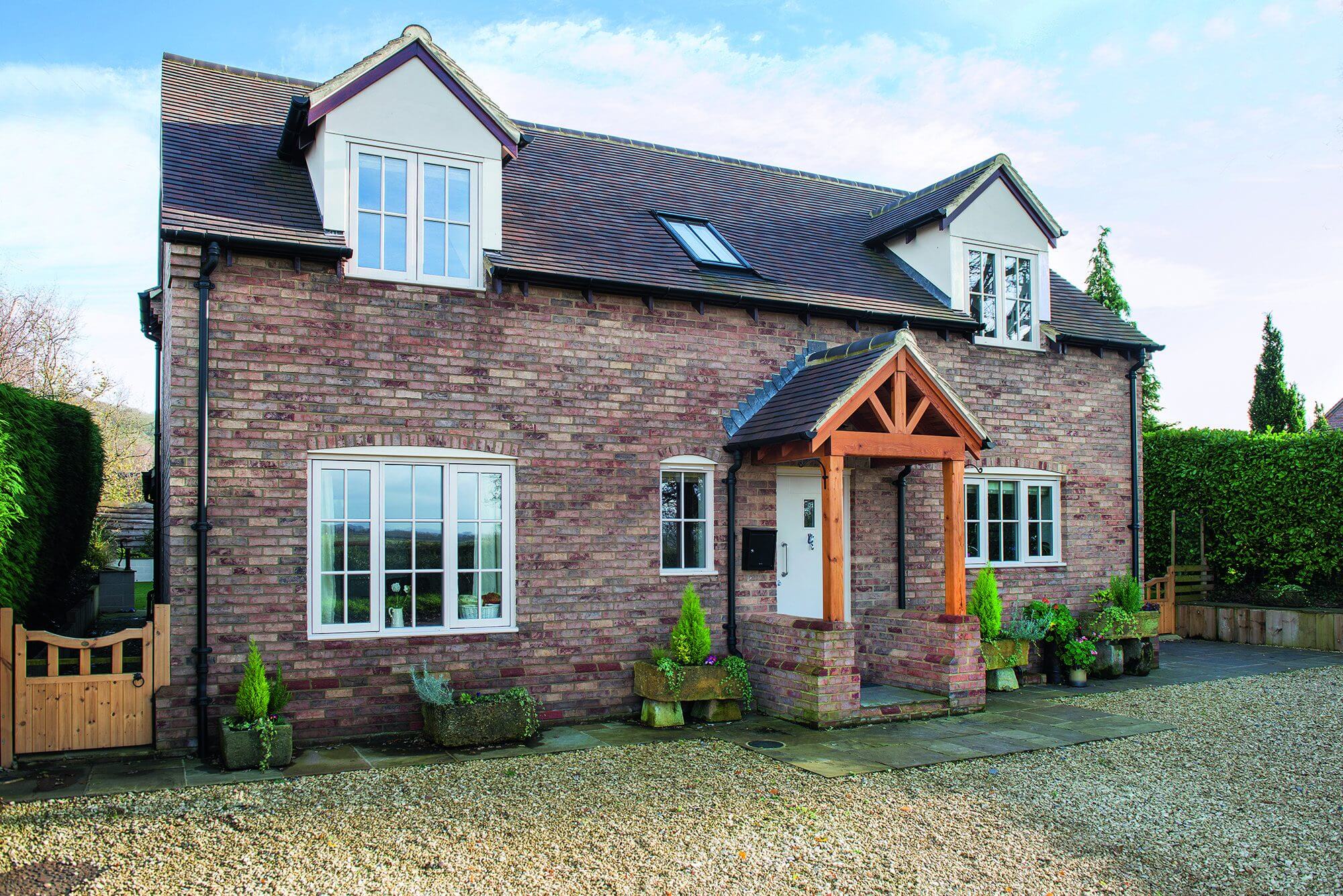
 Login/register to save Article for later
Login/register to save Article for later

